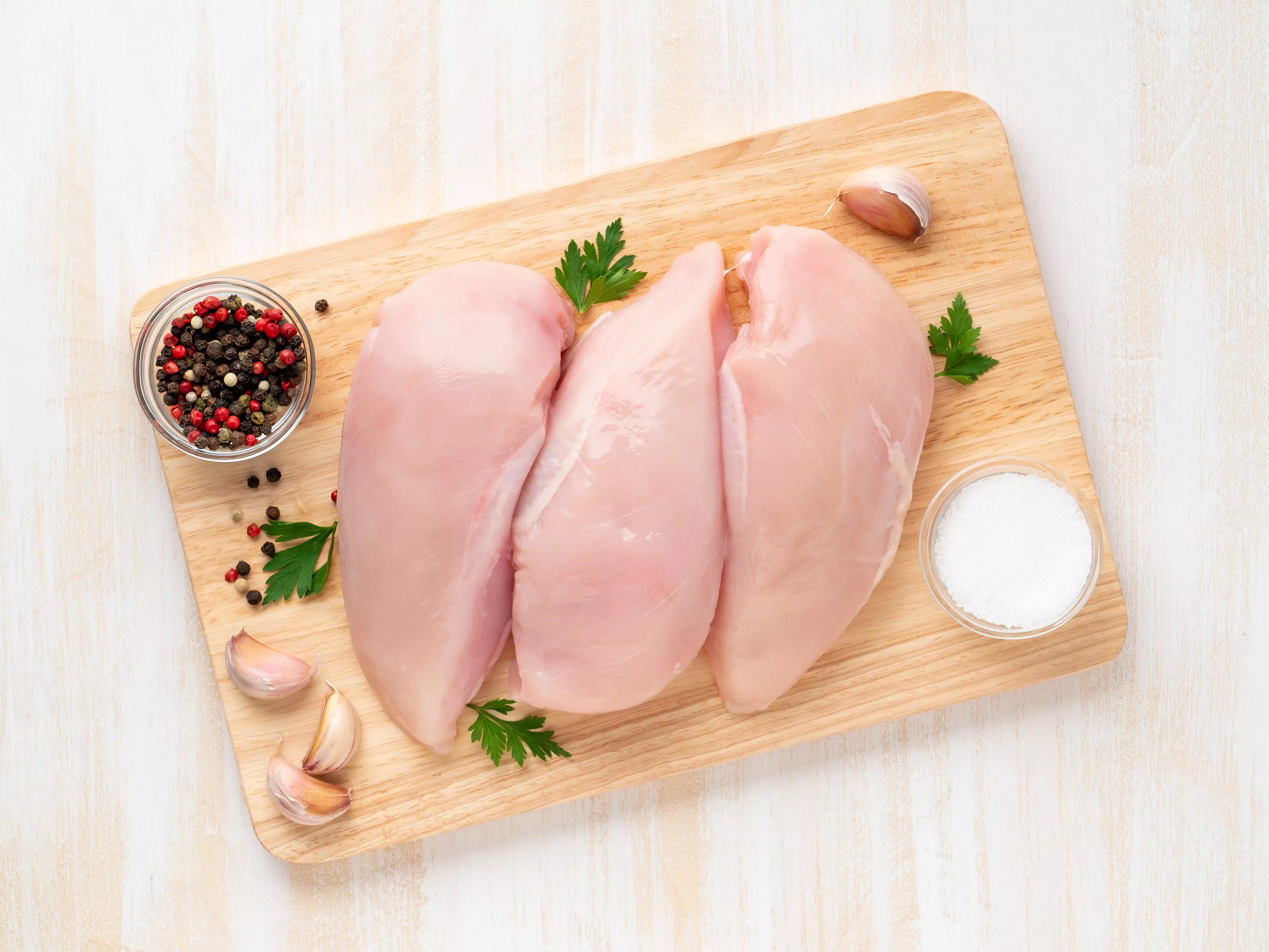Impact of avian influenza on food security
In recent years, avian influenza has become one of the most serious threats to food security. This contagious disease, the result of infection with the avian influenza virus, can affect both farmed and wild birds. Its presence in poultry farms and its ability to infect humans poses a serious challenge to the food sector.
Recognizing avian influenza
Diagnosing avian influenza in birds requires specialized laboratory tests. The most commonly used methods are serological and molecular tests to detect the presence of the virus in the bird's body. It is important that poultry owners regularly monitor their flocks and, in the event of suspected infection, immediately report it to the appropriate veterinary services.
In humans, symptoms of bird flu can include fever, cough, muscle aches and respiratory problems. Infection can lead to serious complications, such as pneumonia and respiratory failure. Therefore, it is important to report suspected cases to doctors as soon as possible and follow health service guidelines.
The role of poultry farmers
Poultry farmers have a key role in preventing and controlling avian influenza. First and foremost, they should observe all hygiene measures, such as washing their hands before and after contact with birds, and wearing appropriate clothing and footwear in breeding areas. In addition, farmers should limit their poultry's contact with wild birds, which are one of the main carriers of the avian influenza virus.
If the presence of avian influenza is detected in a kennel, it is necessary to take appropriate measures, such as isolating infected birds, disinfecting the premises and reporting the incident to the appropriate veterinary services. In some cases, it may also be necessary to slaughter entire flocks to prevent the spread of the virus.
Impact of avian influenza on poultry trade
The outbreak of avian influenza in any poultry farm may lead to a ban on the import and export of poultry and its related products. In the event of a threat, state authorities may decide to close the borders to poultry imports from regions where the virus has been found. For poultry producers, this means huge financial losses, and for consumers it means reduced choice and increased prices on the market.
To prevent the disruption of the poultry trade, breeders and producers should strive to ensure the highest standards of bioassurance in their farms. This should include regular staff training, implementation of hygiene measures and regular cleaning and disinfection of breeding facilities.
Conclusion
Avian influenza is a huge challenge for the food sector, both because of the impact on human health and the poultry trade. Poultry owners have a key role in preventing and controlling this disease. It is important to follow bio-insurance measures, monitor flocks and report suspected infections to the appropriate veterinary services. This is the only way to effectively combat avian influenza and protect food security.
